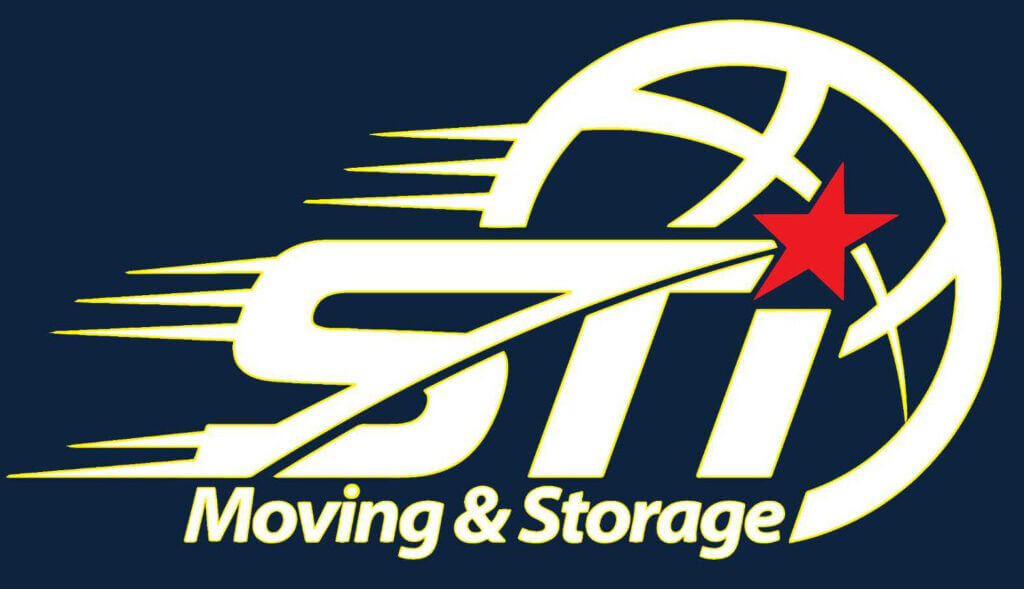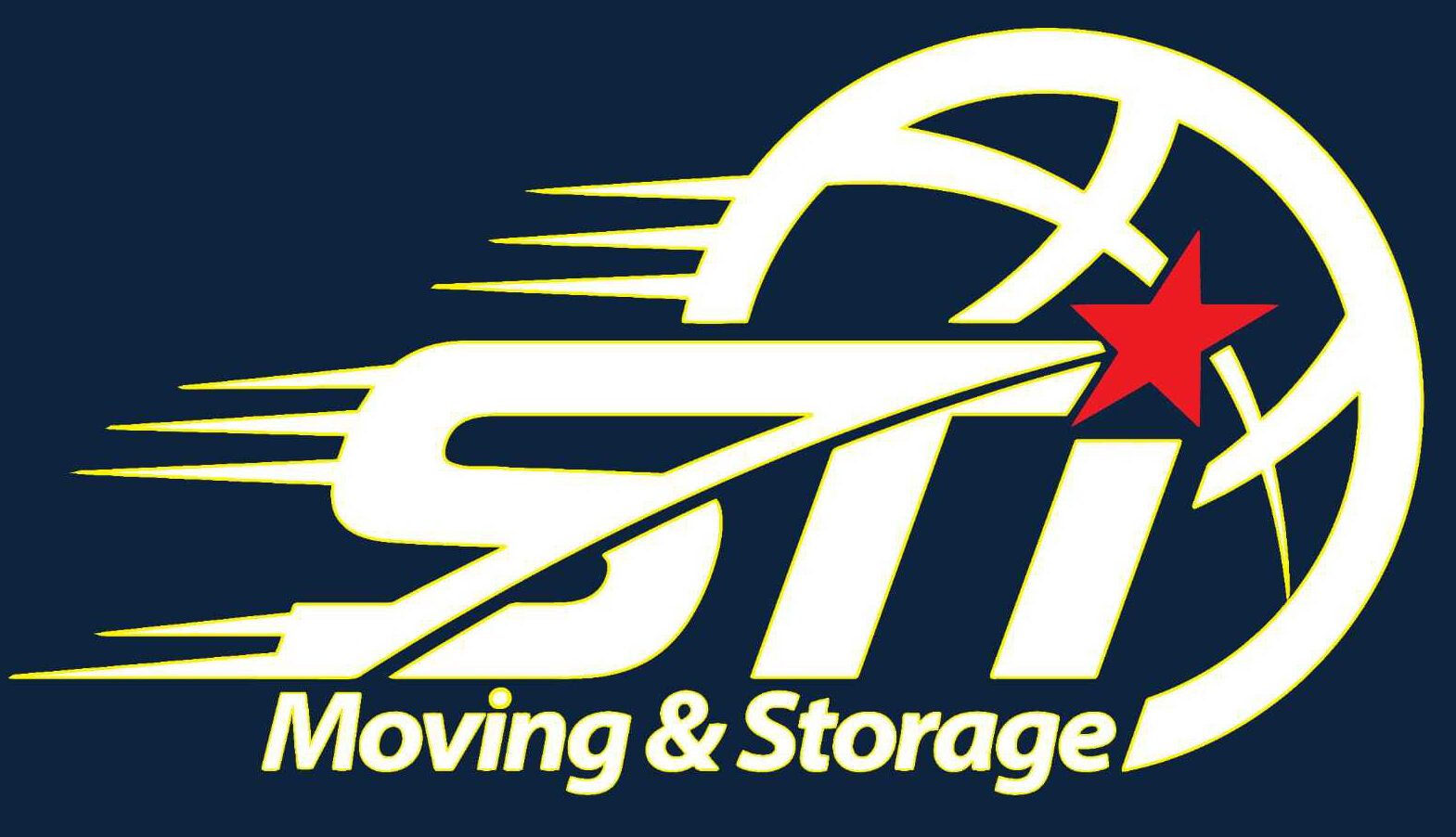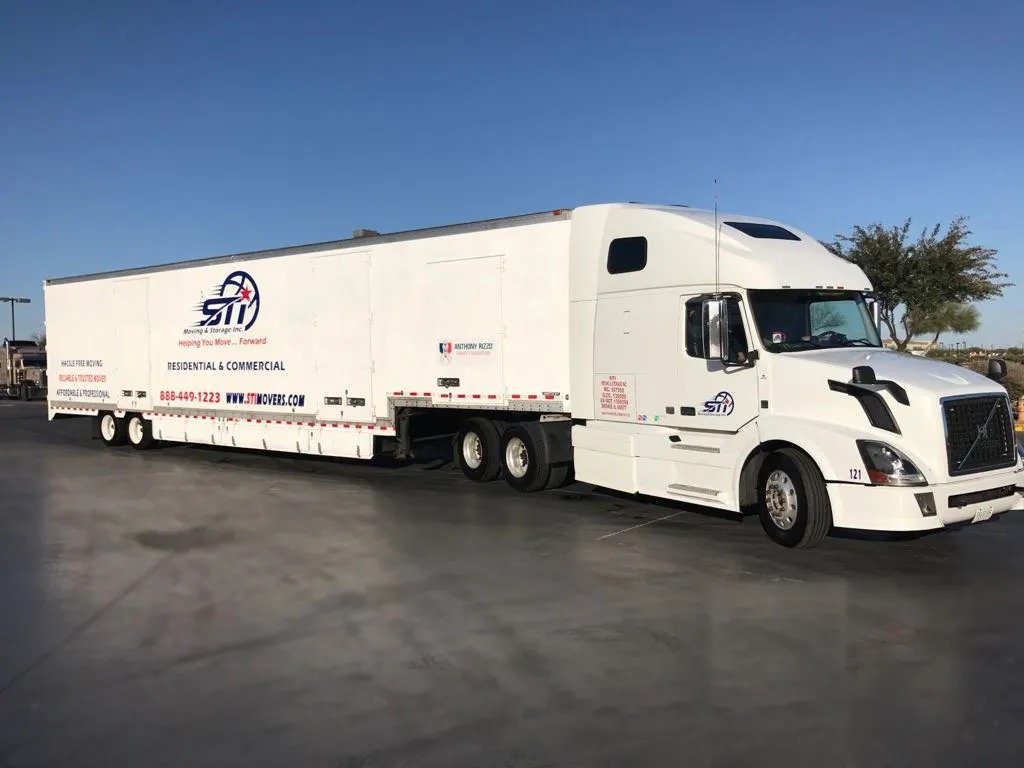Few people in this world can say they enjoy moving – even though it might bring some positivity and good change, the process itself is tiring, stressful, tedious, and usually expensive. Relocation can wear you out both physically and financially. However, we can offer you some useful pieces of advice on how to control and save your money when relocating.
Moving Budget
When you establish your own moving budget, it will be much easier to control all your expenses and to see how much money you need for specific services exactly. Unexpected costs might occur while moving, and when you have a budget for relocating, you will get a clearer picture and be on top of the situation.
Additional tip: Start by listing all potential expenses, including packing materials, transportation, and potential mover fees. Don’t forget hidden costs like utility disconnections or reconnect fees at your new place. Use a spreadsheet or budgeting app to track every expense, so you stay organized and avoid overspending.
Time-Saver = Money-Saver
If you use your time wisely and make a good, efficient schedule long before the moving day, you will be able to save time which means you will also save money. Not only will you end up saving time and money, but you also won’t be worn out and exhausted from doing too much work unorganized.
Additional tip: Break down your tasks into manageable chunks and set specific deadlines for each. For example, dedicate one weekend to decluttering, another for packing non-essentials, and so on. The earlier you start, the less you’ll need to rely on last-minute solutions, which often come at a premium cost.
Moving Time Is Of The Essence
If you are in the position of choosing your time to move, you will end up saving money as well. Some parts of the year are the ones when people tend to move more, and the movers might charge more for their services as well. If you consult our Dallas movers, you will see when you have the most affordable rates.
Additional tip: The moving industry’s peak season is typically during summer, particularly between May and September. Moving during off-peak months, such as late fall or winter, can significantly reduce your moving costs. Additionally, midweek and mid-month moves are often less expensive compared to weekends or end-of-month dates.
Moving Cross-Country? Move Less Stuff
Decluttering is always a good idea, especially when you are relocating. Lose all the stuff you don’t need, and you know you’re not going to use anymore. It won’t only feel amazing, but it will also cost less to transport fewer things, and the long-distance relocation’s are always more costly.
Additional tip: Take inventory of your belongings and separate them into three categories: keep, donate, and discard. Be honest about what you really need. For large items like furniture, calculate whether it’s cheaper to sell and replace them later rather than pay for transportation.
Garage Sail – Great Idea
If you sell the things you don’t need before you move, you will be able to get some more cash you can use for your relocation. It’s both practical and smart! Are you moving and worrying about your relocating budget? With our useful tips and tricks, see how you can move cheap and easily both locally and long-distance.
Additional tip: Advertise your garage sale online and in your local community to attract more buyers. Use platforms like Facebook Marketplace or Craigslist to sell higher-value items you can’t transport. The funds you generate can go toward your moving expenses or new home essentials.
Additional Money-Saving Tips
- Compare Movers: Research multiple moving companies to find the best value. Look for customer reviews, ask for quotes, and inquire about any hidden fees.
- Use Free Packing Materials: Save on packing costs by using boxes from local grocery stores or asking friends and neighbors for extra supplies.
- Do It Yourself: If possible, handle smaller parts of the move, like packing or disassembling furniture, to reduce labor costs.
- Bundle Services: Some moving companies offer discounts if you use multiple services, such as packing and transportation together.
Conclusion
Moving doesn’t have to drain your wallet. By creating a moving budget, planning your timeline wisely, and reducing the volume of items you transport, you can significantly cut costs. Additionally, timing your move strategically and using creative solutions like garage sales can make a big difference in your overall expenses.
Whether moving locally or cross-country, the key is preparation. With these money-saving tips, you’ll be able to manage your relocation efficiently while keeping your finances in check. A smooth, cost-effective move is entirely possible with the right approach!



